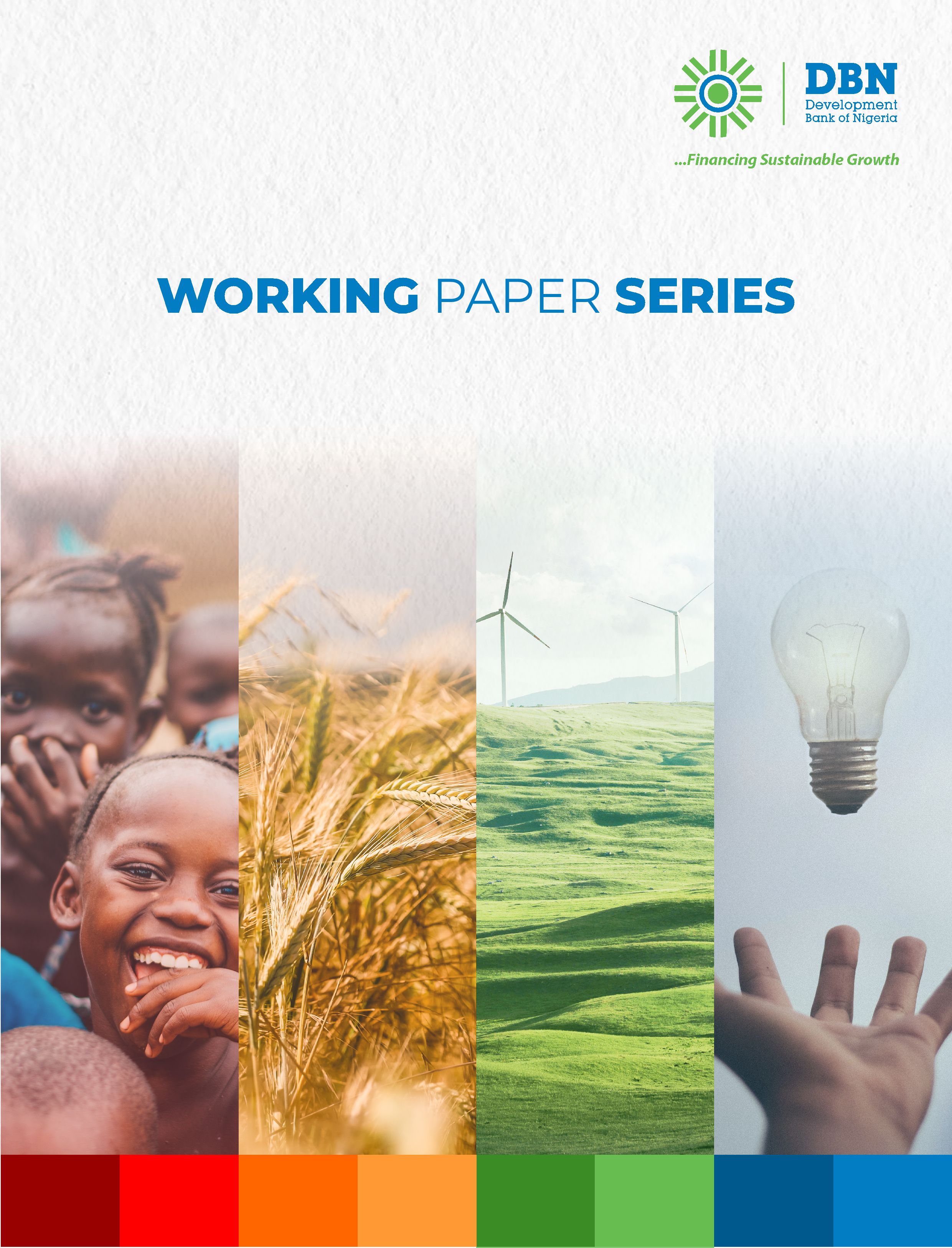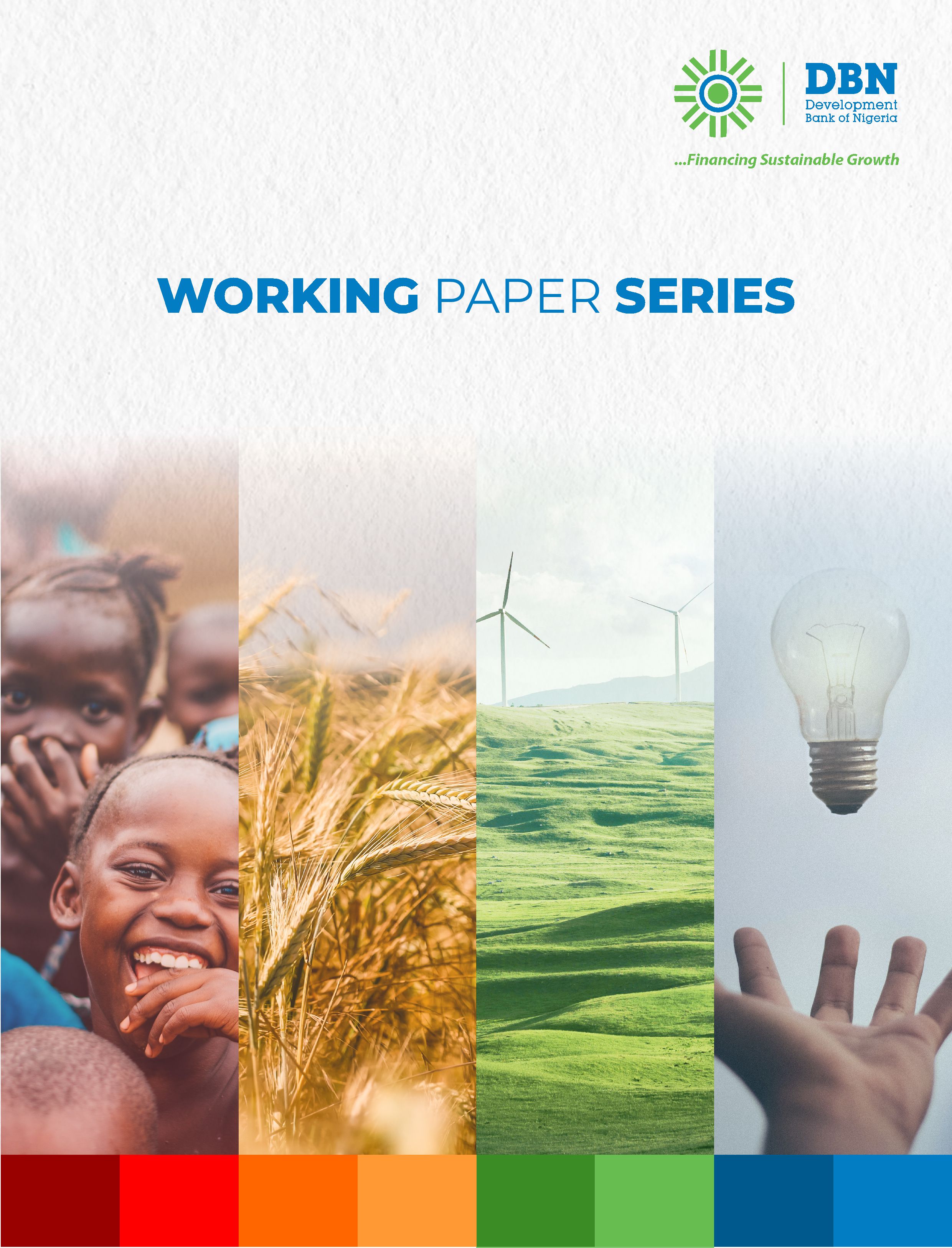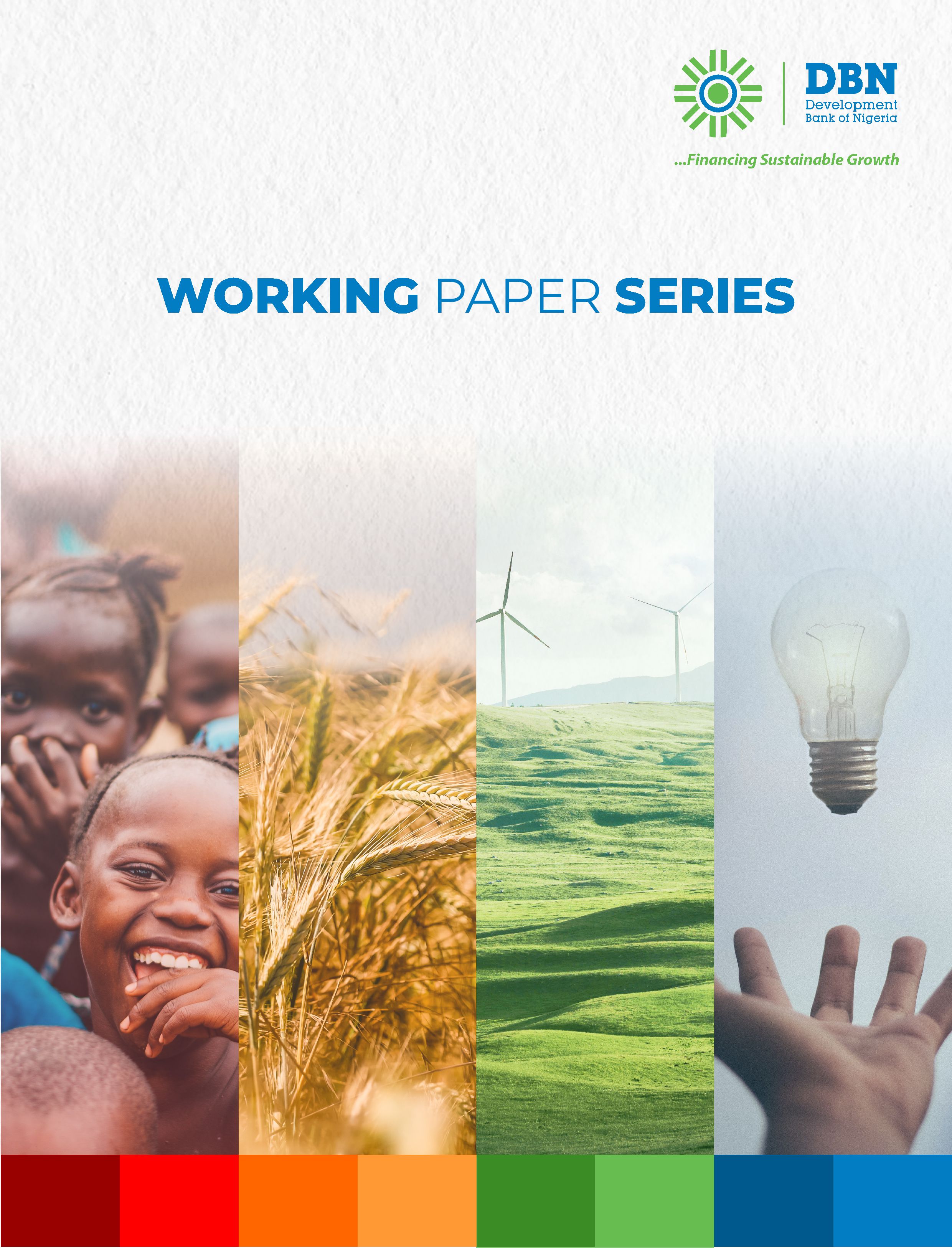
Publication Information
Published by: Admin
Published: 8 months ago
View: 340
Pages: 30
ISBN:
Abstract
The present study assesses the relevance of microfinance institutions (MFIs) in the effect of financial access on gender economic inclusion in 44 countries in Sub-Saharan Africa (SSA) for the period 2004 to 2018. The adopted empirical strategy is interactive quantile regressions that are tailored to account for both simultaneity and unobserved heterogeneity. Two MFIs dynamics are employed: MFIs per 1000km2 and MFIs per 100 000 adults. Financial access is measured in terms of female ownership of bank accounts while gender inclusion is in terms of reducing female unemployment. MFIs per 1000 km2 must reach thresholds of between 2.328 and 2.490 at the 90th quantile of the female unemployment distribution in order for female ownership of bank account to reduce female unemployment. The partial validity of the tested hypothesis is clarified and policy implications are discussed.
Barbara D. Mensah
Simplice A. Asongu Prof
Therese E. Zogo
Mariette C. N. Mete
Related Publications

VOLUME 8 ISSUE 1 2025
The impact of public spending on water, sanitation and hygiene (WASH) adoption: Governance thresholds for complementary policies

VOLUME 8 ISSUE 1 2025
Not all that glitters is gold: financial access, microfinance and female unemployment in Sub-Saharan Africa

